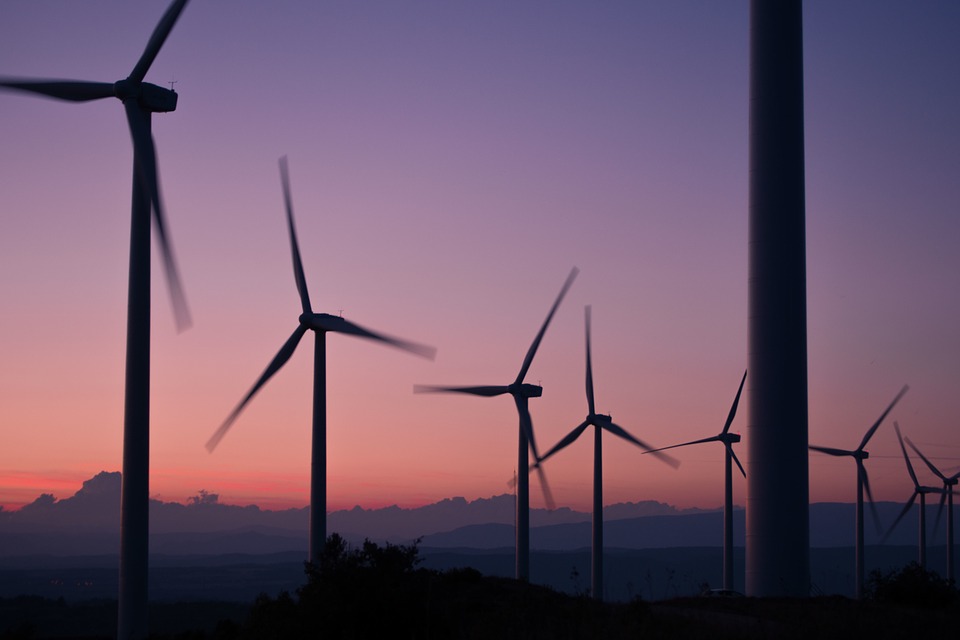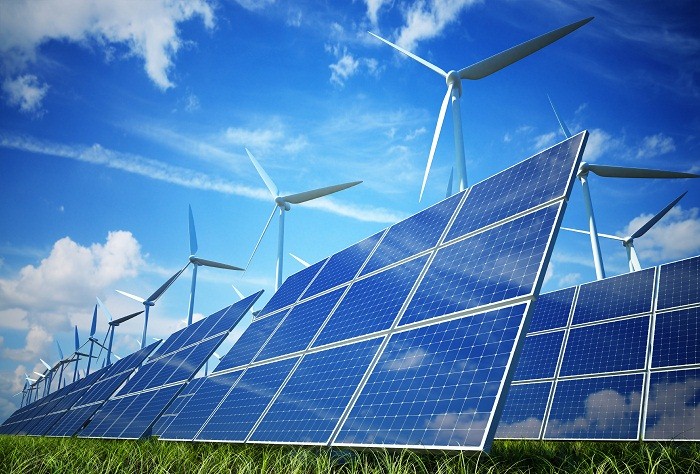
President Trump’s decision to withdraw from the Paris Agreement made headlines around the world. As well as joining only two other nations who has rejected the deal, it seemingly put the kibosh on the progress of the renewable industry. With the world’s biggest market out of the equation, you might think the future’s looking bleak for providers of solar, wind and hydropower.
But is it? While commitments to emissions targets are being dropped at the federal level, nothing is stopping states from bucking the trend. With the realisation that renewable energy and ‘green tech’ now make good business sense, many already have been. This new found competitive edge stands to benefit people who wish to start a renewables business as much as it benefits the planet.
Scientific prowess
American has lagged behind in recent years when it comes to renewable energy. The active coal industry had led to suspicions of job losses, and the heavy reliance on personal transport led to a reliance on oil. As a result, the most recent statistics pinned the U.S. as the world’s second largest polluter, contributing almost a quarter of global CO2 emissions.
Yet the U.S. was also one of the pioneers of renewable energy. Hydroelectric projects such as the Hoover Dam and Grand Coulee Dam showed the early potential of renewable energy, while Nevada and California have led global efforts in solar power since the early 1980s, when a government grant led to the construction of the mammoth Solar One plant.
A combination of factors undermined this progress. When President Obama (and Jimmy Carter / Bill Clinton before him) first spoke of cutting carbon emissions and committing to clean energy, the technology had not developed to the point it is at now. While it was environmentally friendly, it was also inefficient and expensive.
This is no longer true, with “plummeting prices” for solar and wind power meaning less investment produced a record capacity in 2016. In Obama’s case, there was also a recession to deal with. Now that the U.S. and other nations are escaping the effects of the financial crash, investment is on the cards again. And renewable energy looks particularly palatable.
Shelling out
Investments in fossil fuels were once thought to be foolproof. But a notable downturn was already costing firms billions of dollars in investments by 2015, as the value of coal, gas and oil have continued to fall. The effect is so pronounced that energy firms whose entire business revolves around fossil fuels are now investing heavily in renewable, and publicly protested America’s withdrawal from the Paris climate agreement.
Renewable meanwhile continue their ascendency. Clean energy now constitutes nearly a quarter of global electricity production, and 10% of all energy production. China has announced that it plans to invest $361bn in renewable energy production by 2020, in a bid to reduce smog and decrease reliance on external providers. Scotland recently celebrated a renewable landmark, as wind turbines fulfilled its entire energy requirements for four consecutive days.
What’s most compelling for investors is the certainties provided by near limitless power. While the initial cost of building a renewable plant can be substantial, so do traditional fossil fuel plants. The advantage comes in the long-term: renewable tend to be low maintenance, requiring fewer active staff to maintain, and no physical resources to operate.
State of the union
This business sense is starting to permeate at state level in the US, regardless of the administration’s approach. Solar is selling for $0.3 cents per KwH in Nevada, well below the price of coal. Meanwhile in Texas, wind plant TXU is giving away electricity from 9pm to 6am, as its generators continue to tick over and produce excess capacity through these off-peak hours.
In 2015, wind turbines and solar panels accounted for two thirds of new electricity capacity added to the US grid. Somewhat surprisingly, Republican dominated states are often leading the way. California has the largest solar power capacity in America, closely followed by North Carolina.
America now has more wind turbines than any other single nation. Wind power is officially the cheapest source of energy without accounting for subsidies, and is predicted to provide a fifth of the total US capacity by 2020, while coal will drop to a third. America invested $44bn in 2015, second only to China, including two major solar projects in Nevada and Nebraska.
Evidence suggests that businesses deliberately choose to set up in areas where they can procure clean energy, in a bid to look more environmentally conscious to consumers. Clean energy businesses also have a better chance at sourcing young graduates, who would often prefer to work for a company they believe is doing positive work than a Shell or ExxonMobil.
—
This is not to say that there isn’t more work to be done, at least in terms of increasing awareness about renewables’ viability. The U.S. was only second in investment to China in 2015, but China also outspent America by over $100bn. Some states still see renewable energy as a partisan political issue, or at least believe the public sees it this way. Some are ending renewable subsidies and bringing back coal, empowered by the President’s stance.
As the executive of REN21 – a public and private sector alliance of 155 nations – said, “the renewables train has already left the station”. Investment is now a priority for private interests, and even without subsidies, the prices have fallen enough to make it extremely competitive. Whatever ideological grounds there are for opposing clean energy, the business case is clear. It only remains to see how quickly opinion turns in favour of the advantages to businesses and consumers.
Heather Landau
As the founder of Open A European Company.com and Start An American Company.com, Heather Landau has honed her skills in service advisory from the pragmatic to the practical. With a total of 25 years combined experience in international marketing and business development, Heather is a leading voice on company formation in Europe, and operates similar services across the rest of the world.





Leave a Comment